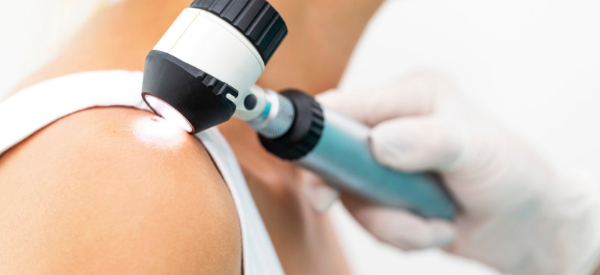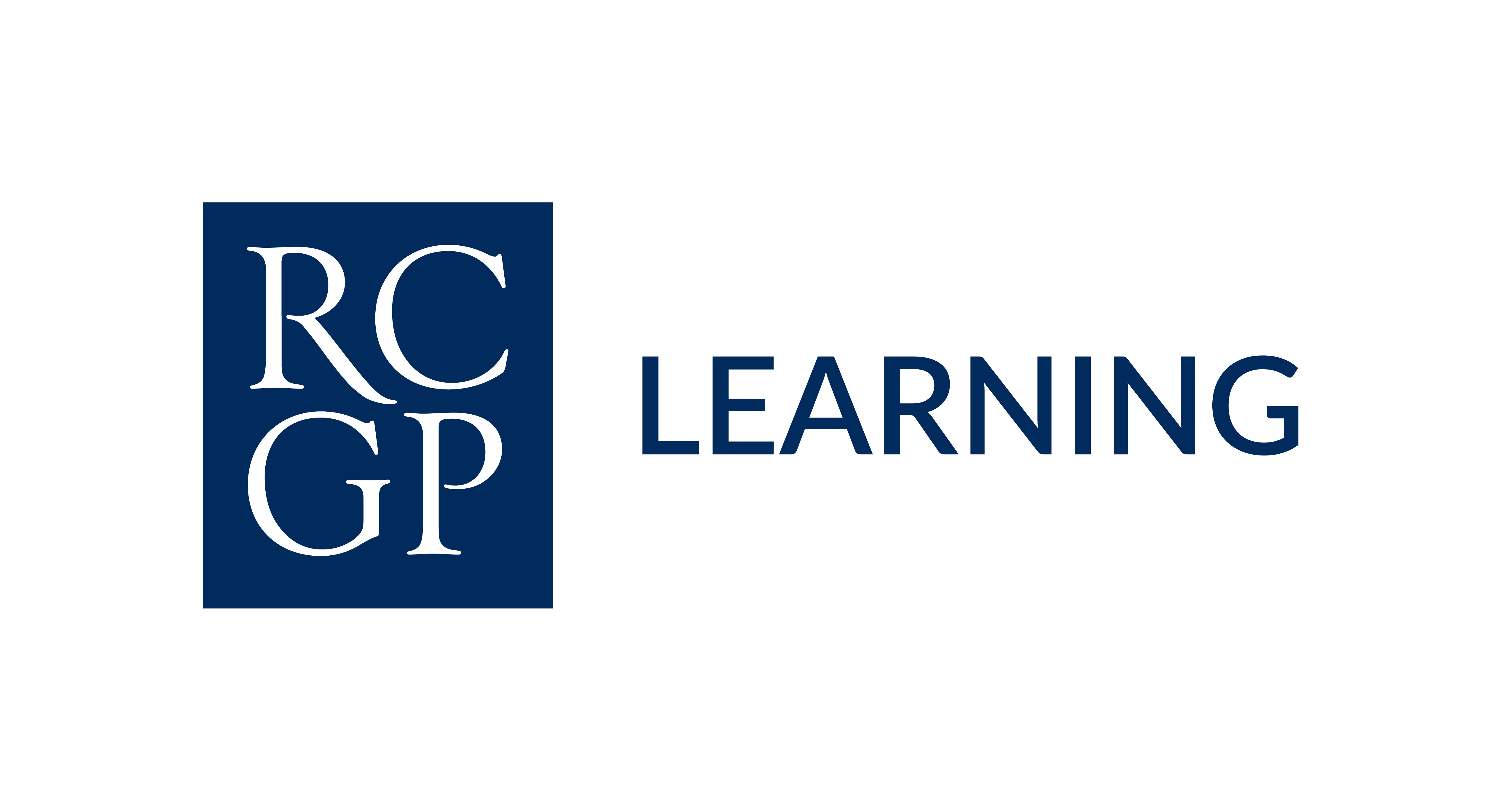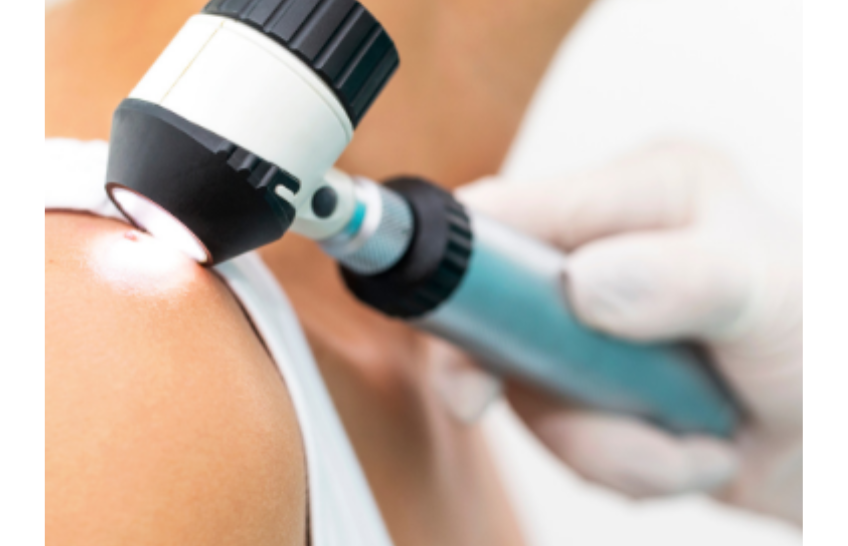
This Update consists of five modules covering new and changing knowledge on:


This Update consists of five modules covering new and changing knowledge on:


This Update consists of five modules covering new and changing knowledge on:


This Update consists of five modules covering new and changing knowledge on:


This Update consists of six modules covering new and changing knowledge on:


This Update consists of six modules covering new and changing knowledge on:


This Update consists of five modules covering new and changing knowledge on:


This Challenge provides a twenty item online applied knowledge test with instant answer access. The questions included within the Challenge are sourced from the content of the modules and reference material found within EKU2022.2.

|
|
This Annual Challenge provides forty brand new questions based on the content of the modules and reference material found within each of the Essential Knowledge Update major topics, EKU Journal Watch editions and Hot Topics developed during 2020. It also offers delayed answers (released December 2020), a certificate of completion and benchmarking data where you can compare your score to other participating GPs! |

|
|
This Challenge provides a twenty item online applied knowledge test with instant answer access. The questions included within the Challenge are sourced from the content of the modules and reference material found within EKU2020.3 as well as the EKU Journal Watch and Hot Topics released during January to April 2020. |

|
|
This Challenge provides a twenty item online applied knowledge test with instant answer access. The questions included within the Challenge are sourced from the content of the modules and reference material found within EKU2020.2 as well as the EKU Journal Watch and Hot Topics released during September to December 2019. |

Dr Sally Higginbottom talks to Dr Morounkeji Ogunrinde, a GP in north central London and a Medical Education Fellow at UCL who is leading on a project which aims to diversify teaching in dermatology so that students, clinicians, nurses can recognise normal skin as well as common and complex skin conditions in darker skin tones where there has been a gap in the availability of learning resources within this population of people.
Within the podcast, the need to understand darker skin tones to offer the kind of care needed, to avoid delay in diagnosis and provide the most suitable treatments is discussed along with a range of different skin conditions including eczema, psoriasis, alopecia, and skin cancer, how they appear within more pigmented skin and how they should be treated. Useful resources for further learning and signposting to helpful organisations are also highlighted.


These are materials from a course that took place on Monday 16 June 2025. This presentation will be available to view until 16 June 2025.
This course was facilitated by Dr George Moncrieff and designed specifically for healthcare professionals eager to enhance their skills in skin lesion assessment. There are practical insights into clinical lesion recognition and fundamental dermoscopy principles that not only boost your confidence but also improve patient outcomes.
Topics Include:
Please note, these presentations are only available to those who attended the course on the day.
All presentations are not to be shared with others. These will only be available to view online up until 16 June 2026.

Welcome to our One Day Essentials on pain management. Pain management is evolving. New research, innovative therapies, and a deeper understanding of lived experiences are reshaping how we approach complex and Persistent Pain.
Join us for this dynamic, one-day event where leading experts and patients with lived experience will bridge the gap between cutting-edge science and real-world practice. Whether you’re navigating challenging consultations, rethinking medication strategies, or exploring holistic and de-medicalised approaches, this session will equip you with actionable insights. Learn how to integrate peer support, leverage the latest neuroscience, and communicate effectively. Together, we’ll explore how to deliver compassionate, evidence-based care that makes a tangible difference. Don’t miss this opportunity to refine your skills and connect with a community committed to better pain management.
Topics include:
Conference chair:
Dr Asim Suleman MRCGP, Pain Specialist
There are 12 million young people aged 10-25 in the UK, forming 18% of the population. Adolescence is one of the most rapid and formative phases of human development. The distinctive physical, cognitive, social, emotional and sexual development that occurs in adolescence demands special attention from health practitioners as their health and wellbeing affects not only themselves but also their family, friends, and communities. Young people also report increasing difficulties accessing health care thus widening inequalities in relation to both mental and physical health.
This conference will present the latest evidence and recommendations on pertinent clinical topics providing you with key actions you can take with you to use with young people and their families in practice.
Topics include:
Conference Chair:

Dr Pyal Patel, GPwER in Dermatology & Cosmetic Dermatology

